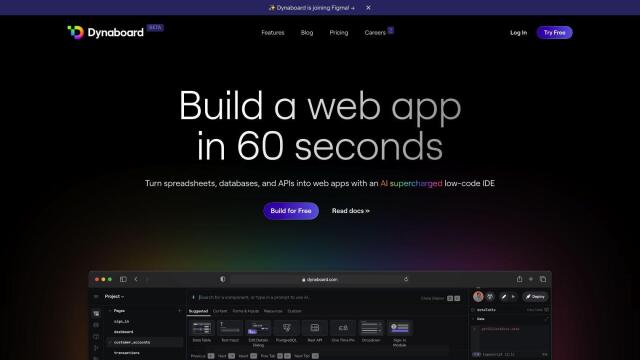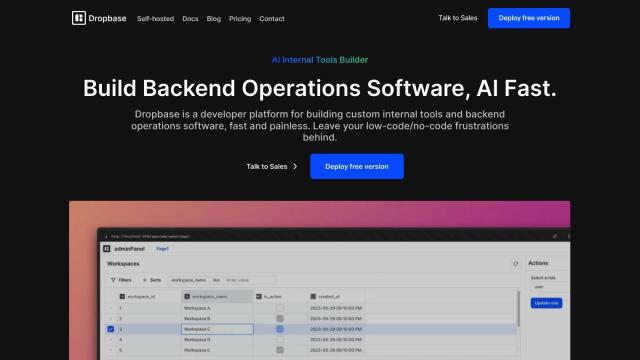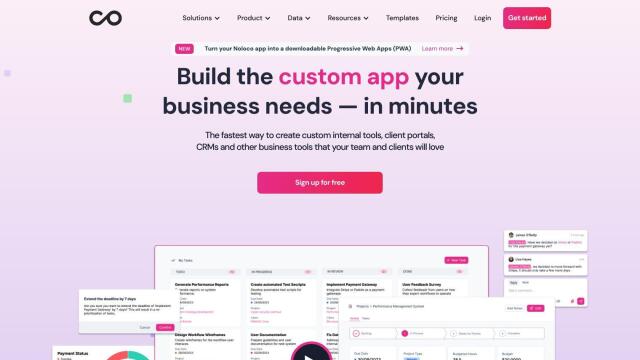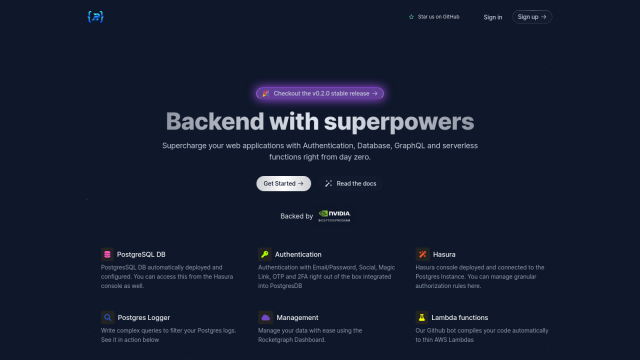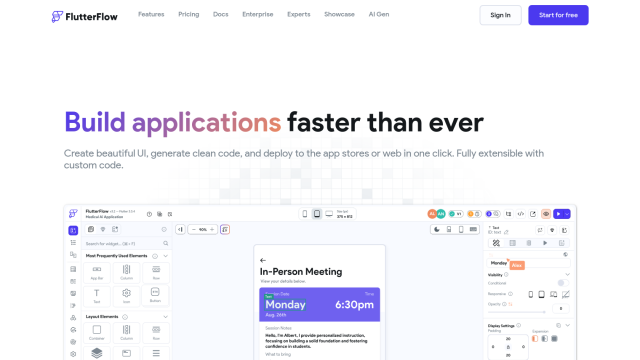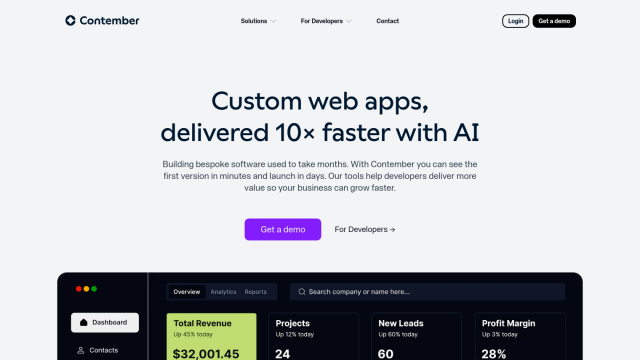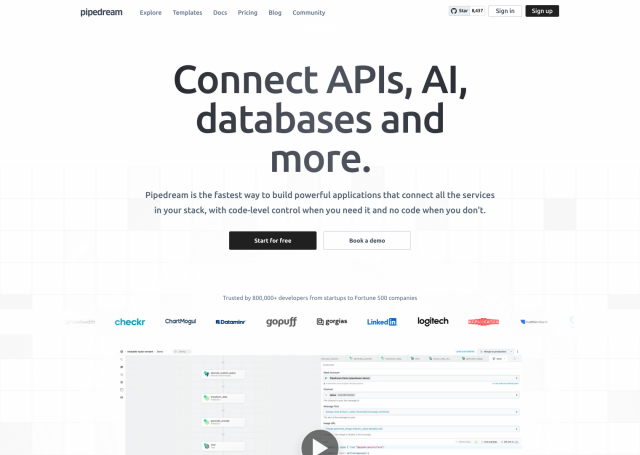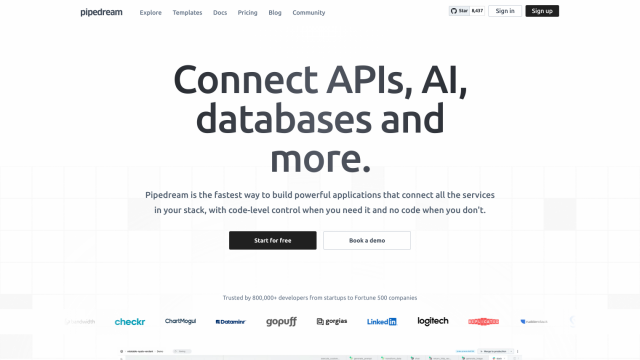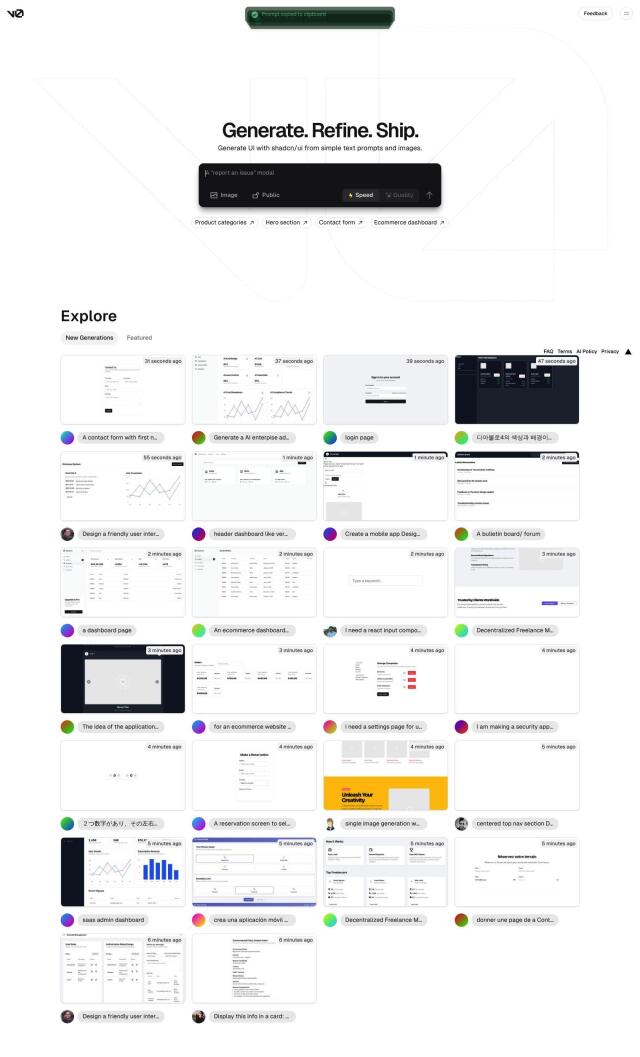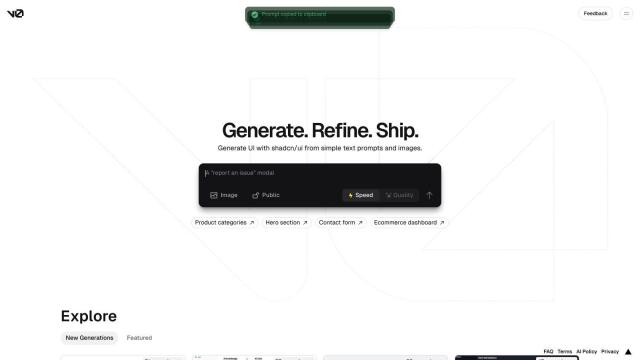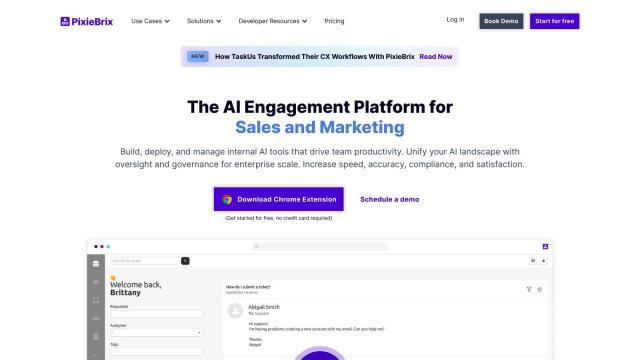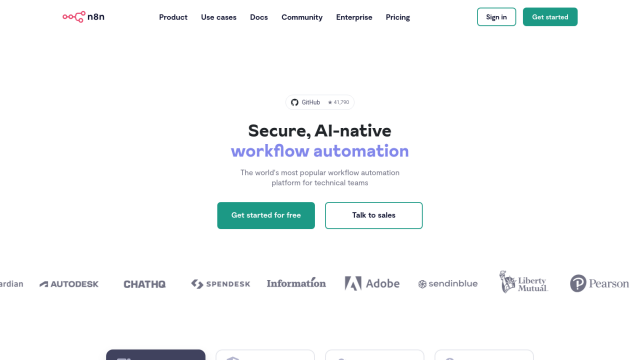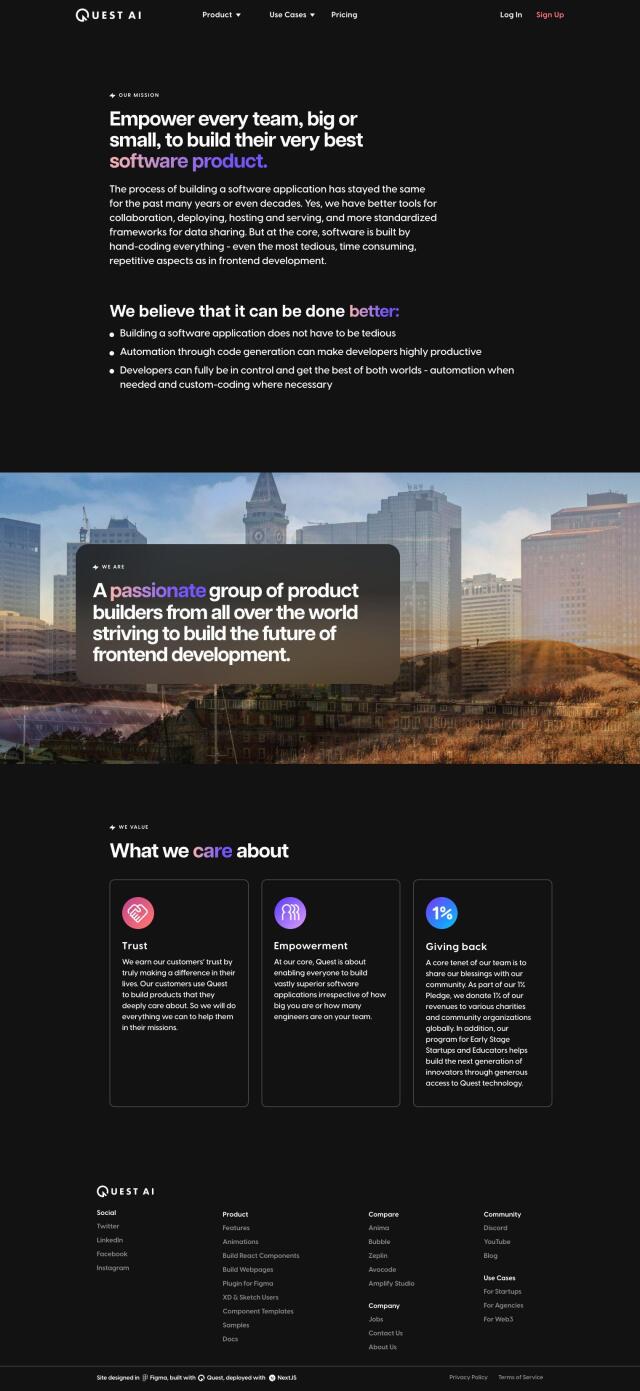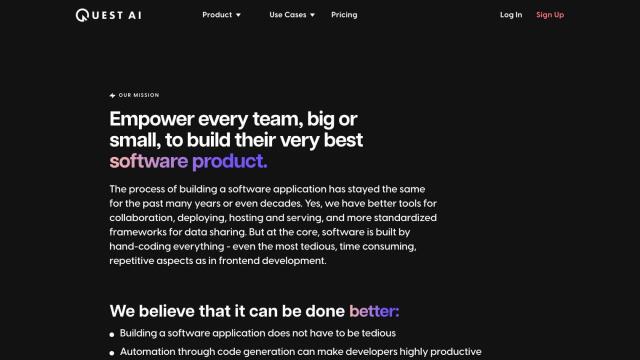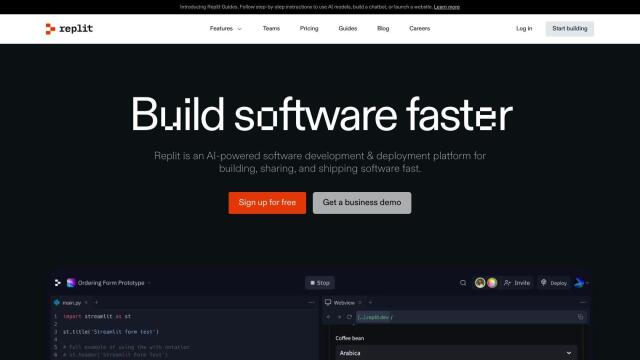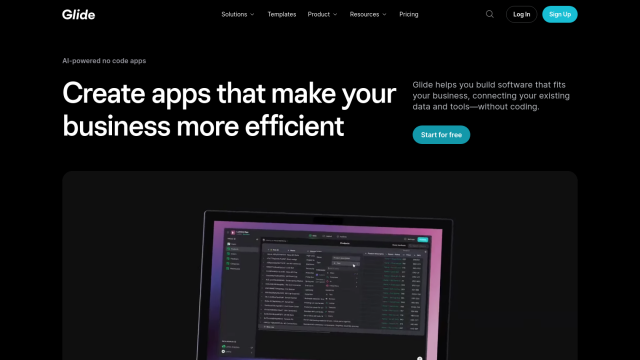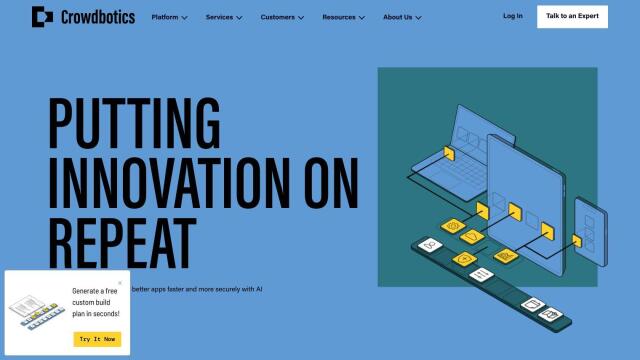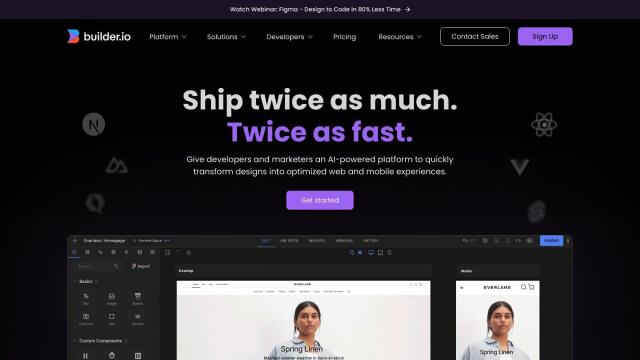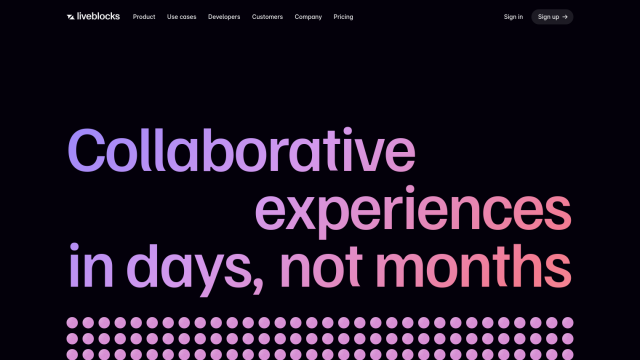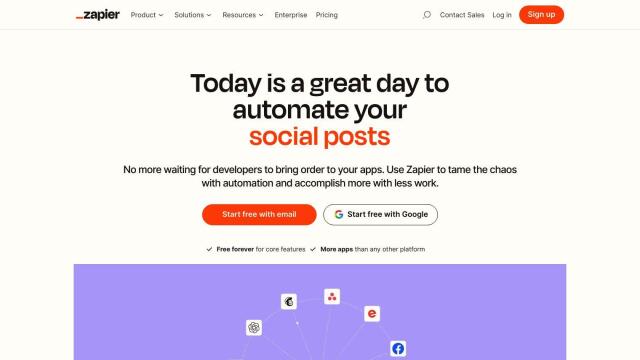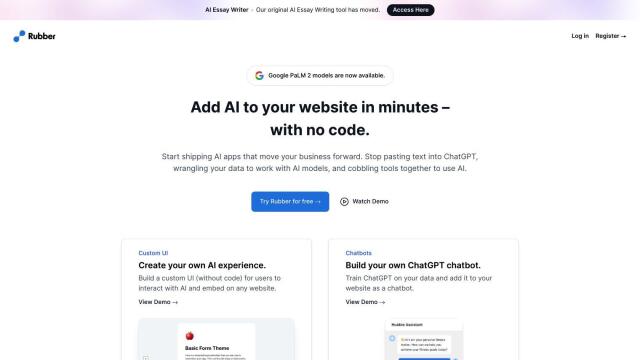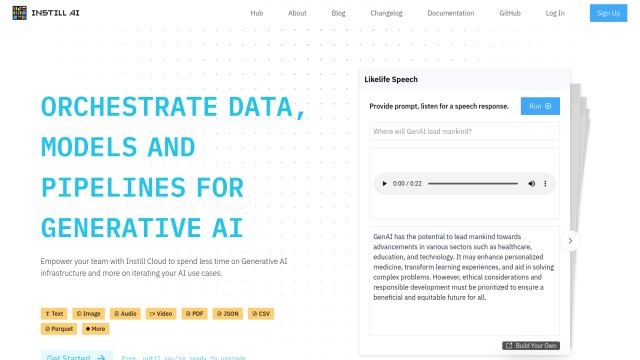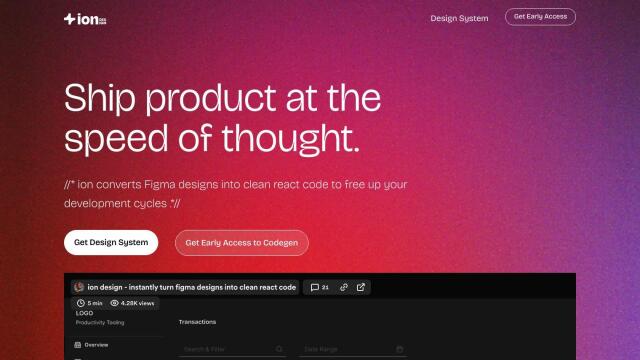Question: Is there a tool that provides a UI component library, validation, and network handling, as well as multi-factor authentication and custom roles for internal tool development?

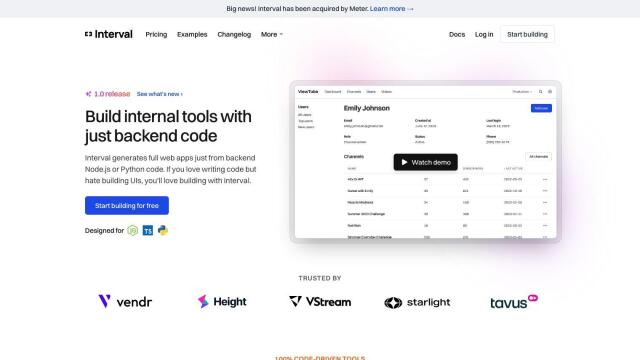
Interval
If you're looking for a more general-purpose tool for building internal tools with a UI component library, validation, network handling, multi-factor authentication, and custom roles, Interval is a good option. Interval lets you build full-fledged web apps from Node.js or Python code, with SDK calls that generate UI elements and business logic. It comes with a library of UI components, validation, network handling, multi-factor authentication, custom roles, and support for multiple environments. The service offers a range of pricing levels, so it's good for solo developers and teams.

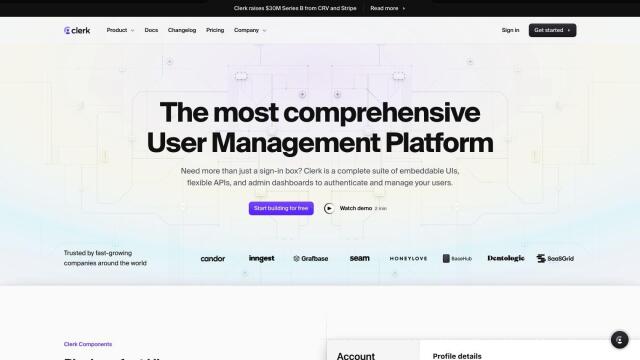
Clerk
Another option is Clerk, a full-stack user management platform that handles authentication and user management. Clerk comes with a set of embeddable UI components, flexible APIs and admin dashboards. It supports multifactor authentication, advanced security controls and features for multi-tenancy, including custom roles and permissions. Clerk also integrates with common frameworks and tools, and offers a free plan for up to 10,000 monthly active users and more features with Pro and Enterprise plans.

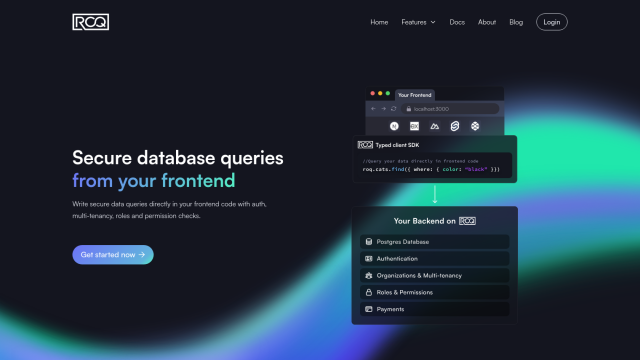
ROQ
If you need a data and API layer for building multi-tenant SaaS applications, ROQ is worth a look. It lets you deploy a managed Postgres database, make secure frontend DB queries, authenticate users with social logins and 2-factor authentication, and support multi-tenancy with role-based access control. Other features include support for payments and subscriptions through Stripe integration and AI-assisted data modeling.

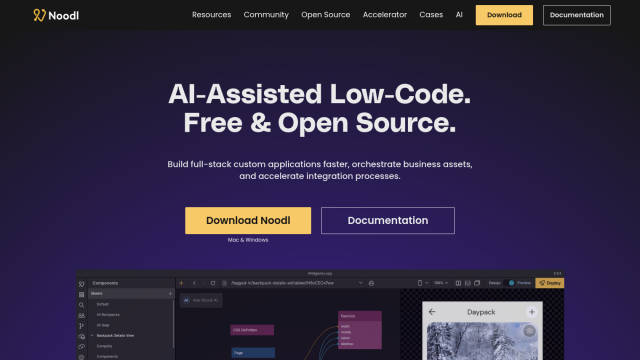
Noodl
If you want a low-code platform, Noodl is an option. It's an open-source environment for building full-stack custom applications with AI-boosted visual development. Noodl can update data flows in real time and reuse modules, making it good for prototyping, MVPs and scalable web apps. The platform supports multiple hosting options and a community-driven approach with lots of documentation and support resources.

